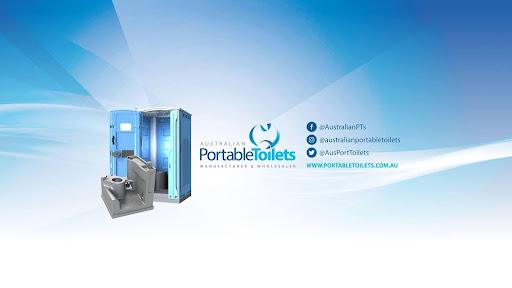Top Tax Credits Available for Small Business Owners
Tax Benefits of Owning a Small Business can significantly impact your bottom line. As a small business owner, saving every dollar is crucial. One way to achieve this is by utilizing various tax credits. These credits help offset business costs and can lead to substantial savings at tax time. In this post, we'll explore some of the top tax benefits for small business owners and how you can benefit from them.
Understanding Tax Credits
Tax credits are a powerful tool for reducing tax liabilities. Unlike deductions, which lower taxable income, tax credits directly reduce the total tax owed, dollar for dollar. This makes them especially beneficial for small businesses aiming to boost profitability.
There are many types of tax credits, each designed to encourage specific activities or investments. These can include hiring initiatives, research and development, and eco-friendly upgrades. Familiarizing yourself with available credits can help your business reduce its tax burden and support growth.
The Research and Development (R&D) Tax Credit
The Research and Development (R&D) Tax Credit supports innovation and technological advancement. It rewards businesses investing in new products, refining existing ones, or conducting scientific research.
To qualify, expenses like salaries for research employees, materials, and third-party contractor costs are eligible. This credit can lessen the financial load of R&D, allowing you to redirect funds toward other growth areas. By leveraging this credit, you can enhance your business's competitiveness and contribute to broader economic development.
The Work Opportunity Tax Credit (WOTC)
The Work Opportunity Tax Credit (WOTC) encourages hiring individuals from groups facing employment challenges, such as veterans and people with disabilities. When you hire from these groups, you can claim a tax credit based on a percentage of the wages paid during the first year.
This credit promotes workforce diversity and inclusion, while providing financial benefits. It also supports broader social goals of reducing employment barriers. To maximize this credit, understand the eligibility criteria and application process, and consult with a tax professional.
Energy-Efficient Tax Credits for Green Businesses
If your business is committed to sustainability, energy-efficient tax credits offer a great opportunity. These credits support investments in renewable energy and eco-friendly upgrades.
Examples include credits for installing solar panels or energy-efficient HVAC systems. Such investments not only reduce your environmental impact but also lead to long-term savings on energy bills. Consulting with sustainability experts or tax professionals can help you navigate these incentives and optimize your benefits.
The Disability Access Credit
The Disability Access Credit encourages businesses to enhance accessibility for individuals with disabilities. It covers costs related to improving physical spaces and purchasing specialized equipment.
Eligible improvements include installing visual alarms, accessible restrooms, and assistive technology. Proper documentation and consulting with a tax professional knowledgeable in ADA requirements can help you claim this credit effectively, supporting inclusivity and demonstrating social responsibility.
Small Business Health Care Tax Credit
Navigating health care costs can be challenging, but the Small Business Health Care Tax Credit offers relief. This credit helps cover health insurance premiums for businesses with fewer than 25 full-time employees and low average wages.
To qualify, your business must pay at least 50% of employee premiums. This credit can cover up to 50% of your contribution, easing the financial burden and encouraging better employee health coverage. Keeping detailed records and consulting with a tax professional will ensure you maximize this benefit.
How to Maximize Your Tax Credits?
To make the most of available tax credits, consider these strategies:
1. Work with a Tax Professional: They can identify which credits align with your business activities and financial goals.
2. Maintain Detailed Records: Document all qualifying expenses, including R&D costs, employee training, and accessibility improvements. This simplifies claiming credits and supports your case in audits.
3. Stay Updated on Tax Legislation: Tax laws and credits can change. Regularly review your tax strategy to ensure compliance and take advantage of new incentives.
4. Align Credits with Business Goals: Integrate tax planning into your overall business strategy. Investments in green technologies or accessibility can provide both immediate tax benefits and long-term savings.
By adopting these practices, you can enhance your financial planning and support the growth and sustainability of your small business.










Comments